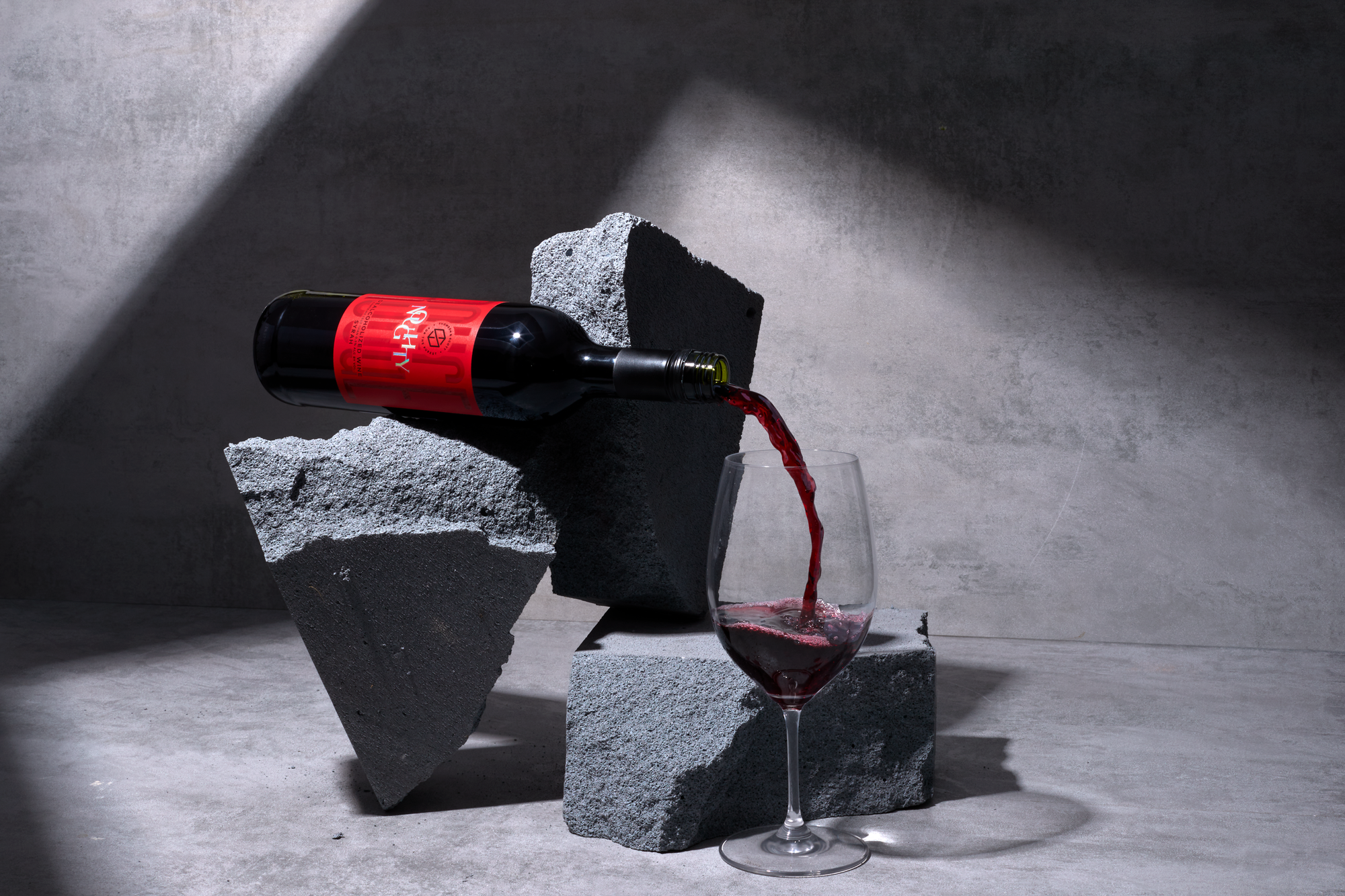Written By The New York Times | Florence Fabricant
With wine, there’s no point in fighting Thanksgiving dinner’s kaleidoscope of flavors. It’s best to find an easy way to flatter them.
This year, a nonalcoholic white or red still wine — or both — would be up to the challenge. The quality keeps improving, with assorted well-made, nicely drinkable, food-friendly choices. At prices in the $15 to $40 range, they’re in line with good bottles of wine.
After sampling many nonalcoholic still wines, my preference is for varietals or varietal blends that start as wine and then have the alcohol removed, rather than tea or herb based attempts to mimic wine. As I have noted over the past couple of years, well-made white wines without alcohol, like their spirited counterparts, are blessed with lively acidity and minerality, and are generally more appealing than reds, which often lack tannins and complexity. Most of the wines, even the reds, benefit from chilling.
Store opened bottles in the refrigerator; you don’t have to worry as much about the quality eroding over the course of a few days or even a week, the way it might with that bottle of vintage Pauillac. Though I have not included any sparklers here, for toasting there are many fine celebratory options, white and rosé. The carbonation goes a long way toward compensating for the absence of alcohol’s bite.
As for finding the wines, many wine shops do not sell them. (Groceries and beverage markets are often a better source.) There are, increasingly, chains of retailers, both online and brick-and-mortar, notably Boisson online and in New York and elsewhere, and Better Rhodes online. The rules that regulate sales of nonalcoholic wines vary from state to state. Most of the wines have their own websites and sell online, but you should allow up to a week for delivery.
White Wine

Tony Cenicola/The New York Times
Giesen Nonalcoholic Pinot Grigio
This pinot grigio from a long-established New Zealand winery has a nice minerality, with hints of citrus and kiwi.

Tony Cenicola/The New York Times
There are few nonalcoholic chardonnays on the market and this one, from South Africa, has good body, elegance and balance, making it a bit more substantial than many white wines in the category and drinkable throughout a rich dinner.

Tony Cenicola/The New York Times
Nonalcoholic wines from Germany are showing extremely well; you’ll find this one on some top restaurant lists. Here you can taste white peach in a piquant, lively context, with a pleasant touch of fizz. It can carry you through to dessert.

Tony Cenicola/The New York Times
Sovi Chenin Blanc
This uncommon contender from California delivers restrained fruit with flavors of Bosc pear and tart green grapes.

Tony Cenicola/The New York Times
Studio Null Grüner Weiss
A blend of grüner veltliner and gelber muskateller from Austria, vinified in Germany, yields a well-made, pale wine with herbal notes and tartness softened by flavors of tropical fruit. Even your butternut squash soup would welcome it.
Red Wine

Tony Cenicola/The New York Times
Leitz Zero Point Five Pinot Noir
This pinot noir from Germany is ruby-toned with hints of red plum, and has some depth and complexity.

Tony Cenicola/The New York Times
Studio Null Solo Garnacha
There’s an earthiness with notes of plums to this wine from Spanish grapes. It’s not sweet and offers appealing minerality.

Tony Cenicola/The New York Times
Sovi Reserve Red
A California blend, it’s a trifle sweet but rich, with some tannic heft; while it’s rather one-dimentional, it is enough to match most Thanksgiving menus.
Written By The New York Times | Florence Fabricant



